The Miserable State of UK Homeownership, Eurozone stagflation
Homeowners in the UK are facing a crisis. They are struggling to pay their rising mortgages due to a rise in benchmark borrowing costs which has pushed up monthly mortgage payments.
The rate is closing in on 6% under a two year fixed deal.
The average rate on a two year fixed rate mortgage stood at 5.9% last Wednesday, which is lower than the 6.7% it reached last October but still far above the 3.4% it stood at a year ago.
The change is expected to force 2.6 million people to pay thousands of pounds extra annually.
Interest rates are also expected to continue to rise as the Bank of England looks to intensify efforts to curb inflation.
Mister Speaker, all across the country, people are worried about their bills, the price of the weekly shop and the spiraling mortgage rates.
So why has the Tory party spent this last week arguing over which of them gets a peerage?
Sir Keir Starmer, Labor Party, Leader
Raising interest rates will make loans more expensive and make it more difficult for ordinary people to find good deals.
The new rates will likely put even more pressure on Britons as the cost of living crisis continues to grip the nation.
According to the Office of National Statistics in January, food prices were rising at 16.8% a year. The most recent figures show food prices rising by a whopping 19.1%
Lyn Brown, Labor MP
The country is already under pressure due to the rising cost of living.
Junior doctors in the UK have launched a three day strike to force ministers to increase their pay.
The stoppage would have an enormous impact and lead to huge numbers of patients missing out on planned care.
The doctors are seeking a 35% salary rise to restore the value of their pay to 2009 levels.
Officials have said their demand is unreasonable.
I have tens of thousands of pounds of student debt to pay off, with an interest rate that is going up and pay that is not, and it's just seems like there's always more and more, you go to the shops everything is more expensive.
Rent is going up, energy is going up, our pay is not going up.
Junior UK Doctor
The UK is not the only country in Europe going through a cost of living crisis.
Just a few days ago France witnessed fresh protests and strikes over the country's highly unpopular pension reforms bill.
The reforms, which were signed into law, via presidential decree, by President Macron in April, increased the state pension age from 62 to 64.
Opponents of French president Emmanuel Macron's pension reform failed to pass a repeal bill in their latest effort to maintain the retirement age at 62.
We are truly dismayed today by the decision of the President of the National Assembly to prevent a vote on our proposed law on pension reforms.
We believe that the president of the National Assembly has done nothing to uphold the rights of Parliament.
On the contrary, she has failed in her duty by permanently weakening the National Assembly and thereby dealing a very serious blow to the separation of powers in France, which is the very foundation of any democracy.
Bertrand Pancher, LIOT Group of Independent MPs
Earlier this month the air traffic controllers in France walked out of their jobs which resulted in the French Civil Aviation Authority asking all airlines to reduce their flight schedules to and from Orly Airport in Paris as well as several other French airports.
Pharmacies in Germany also closed across the country as part of strike action to protest underfunding, excessive bureaucracy, and, medication bottlenecks.
The country has already faced several rounds of strikes and industrial action by railway workers and airport staff over pay disputes with employers.
The EU has already entered a recession.
Yeah, the numbers for the first quarter of 2023 are worse than expected, high prices in particular weighed on the German economy, demand and in particular consumption declined.
And overall we are moving away from supply constraints toward demand constraints, which is of course due to the high prices and also due to the restrictive monetary policy, which is important to bring inflation down inflation is still higher.
So we are in a very challenging situation now, where we have a [sic] stagnation and at the same time high inflation.
Veronika Grimm, German Council of Economic Experts
Slow consumer spending and sticky inflation have led to two consecutive quarters of economic contraction in the European Union.
Growth in the single currency bloc is also expected to be weak in the coming months.
Economists are also concerned about the spillover effects into the United States and the global economy.
It is not clear that a recession in the EU could weaken the already fragile economy of the US.
When trade is disrupted, or when an economic crisis hits in one area, there are often notable effects on other economies.
This is very much the case for the EU and the US which boasts the largest bilateral trade and investment relationship, and enjoys the most integrated economic relationship in the world.
Swiss to act as venue of next round of Iran-US talks: Report
Report: Over 50,000 soldiers fighting in Israeli military hold foreign citizenship
Danish PM warns US attack on Greenland would spell end of NATO
Power running out at key Gaza hospital, ICU patients at risk: Report
VIDEO | Press TV's news headlines
‘Speaking truth is her crime’: Netizens rip into European allies of Israel for targeting Albanese
Russia reaffirms support for Iran’s sovereignty amid rising US threats
VIDEO | 3,000 bodies of Palestinians ‘evaporated’ as Israel used banned weapons in Gaza




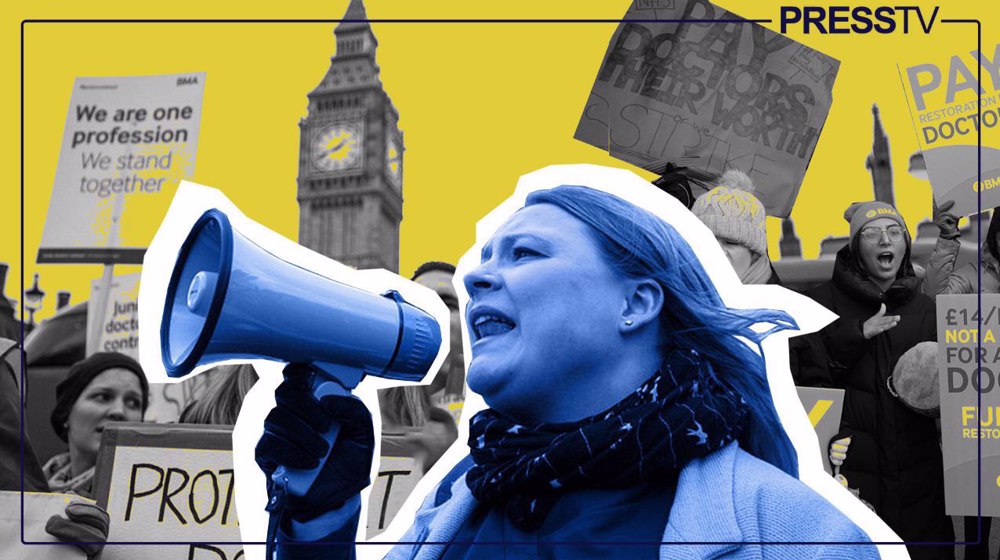
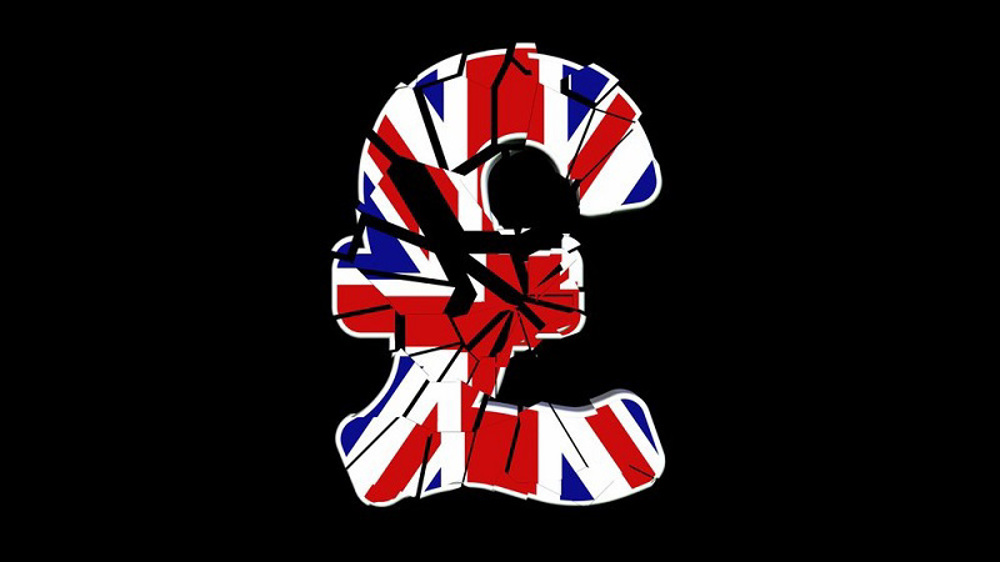
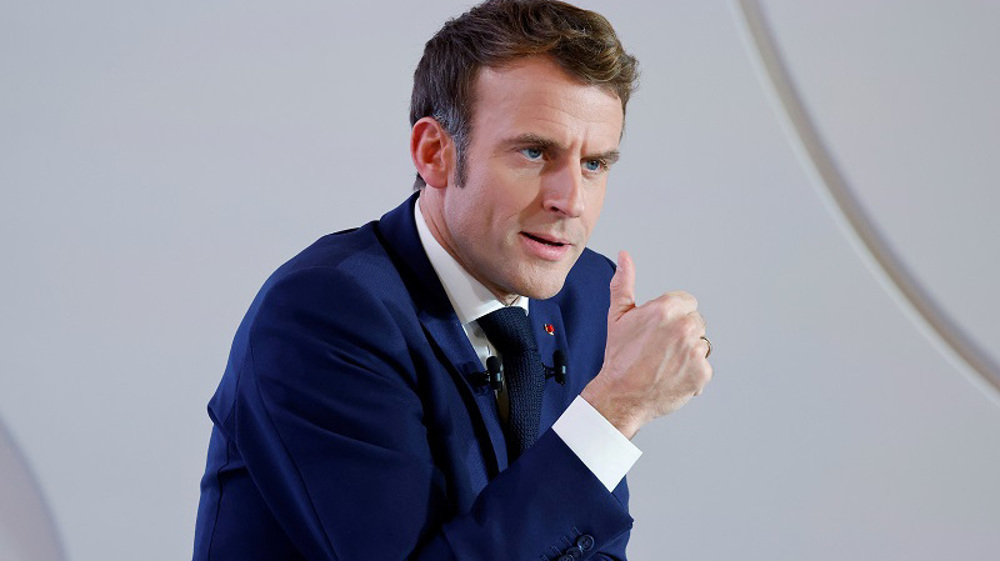


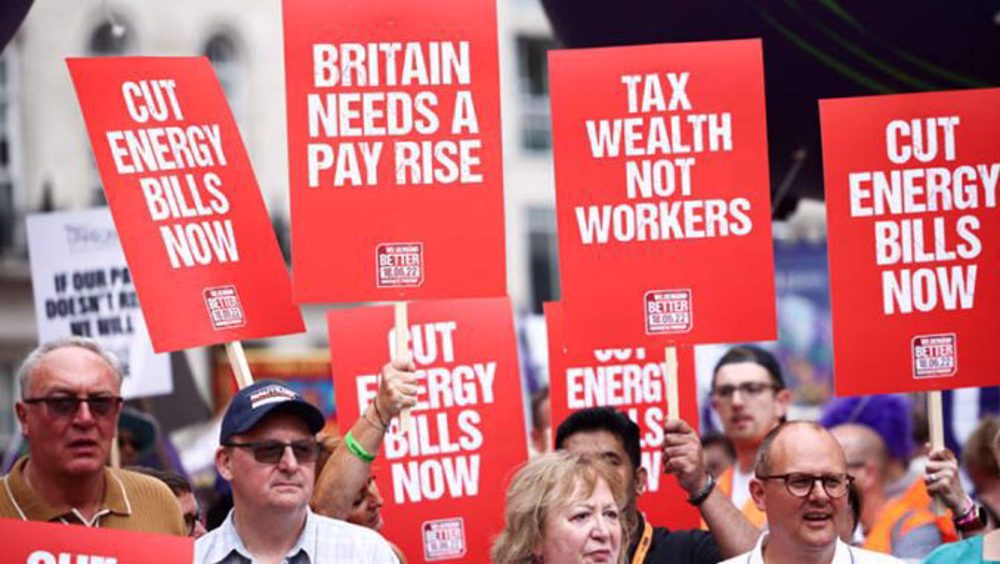






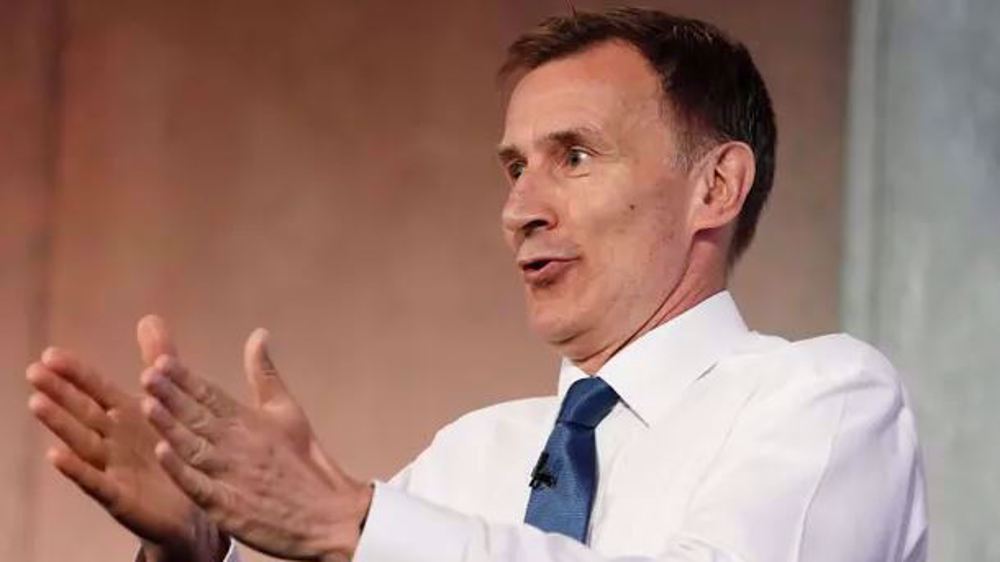
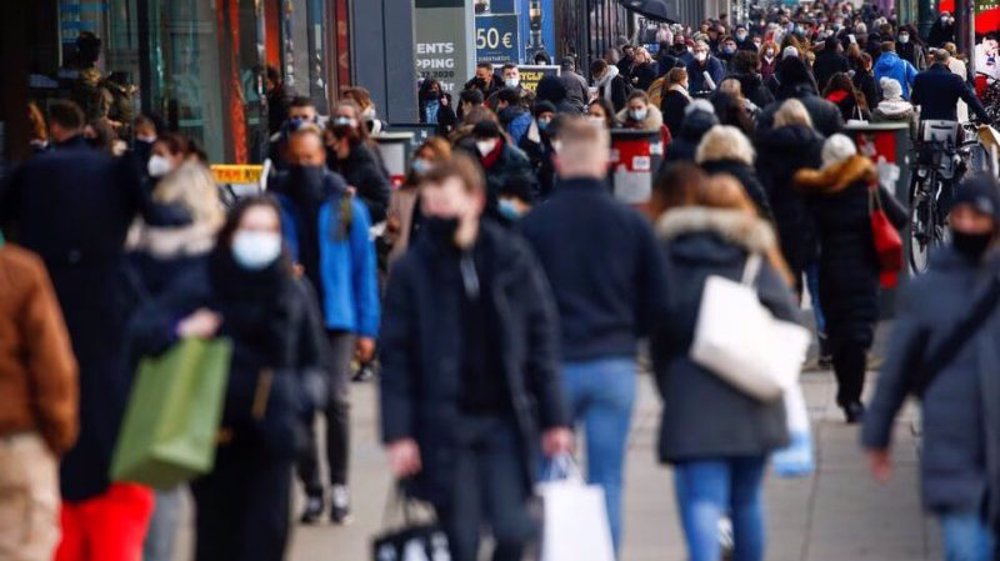
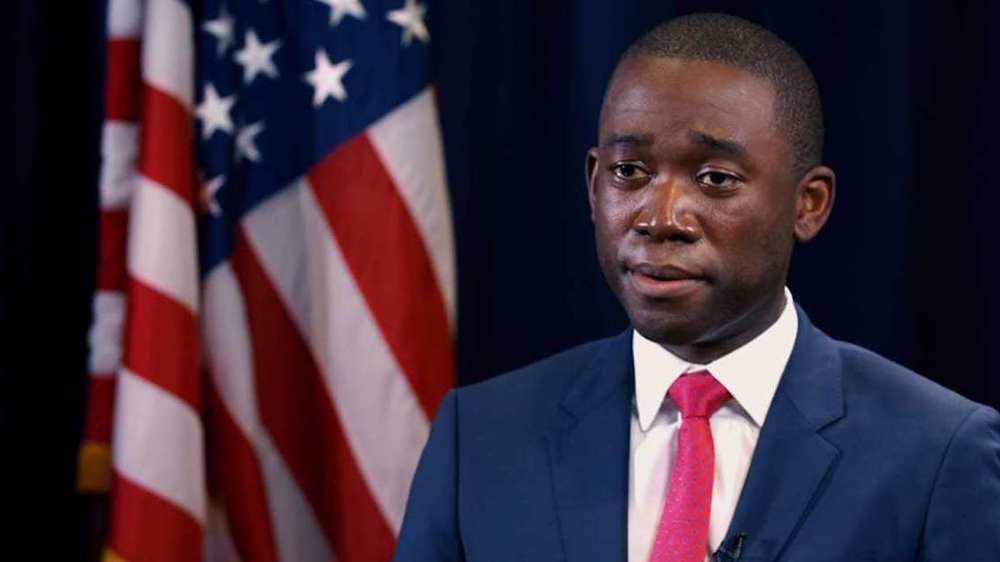
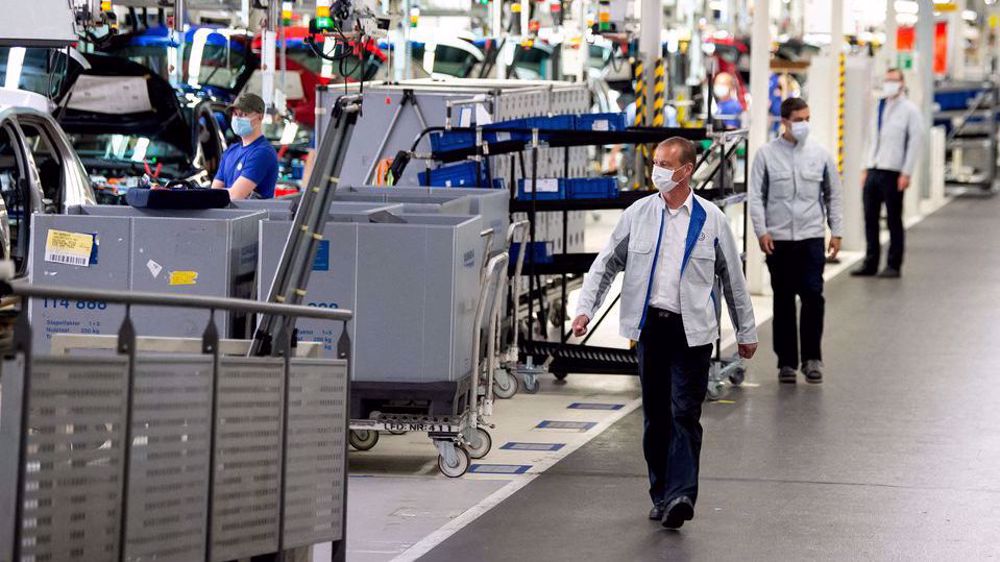
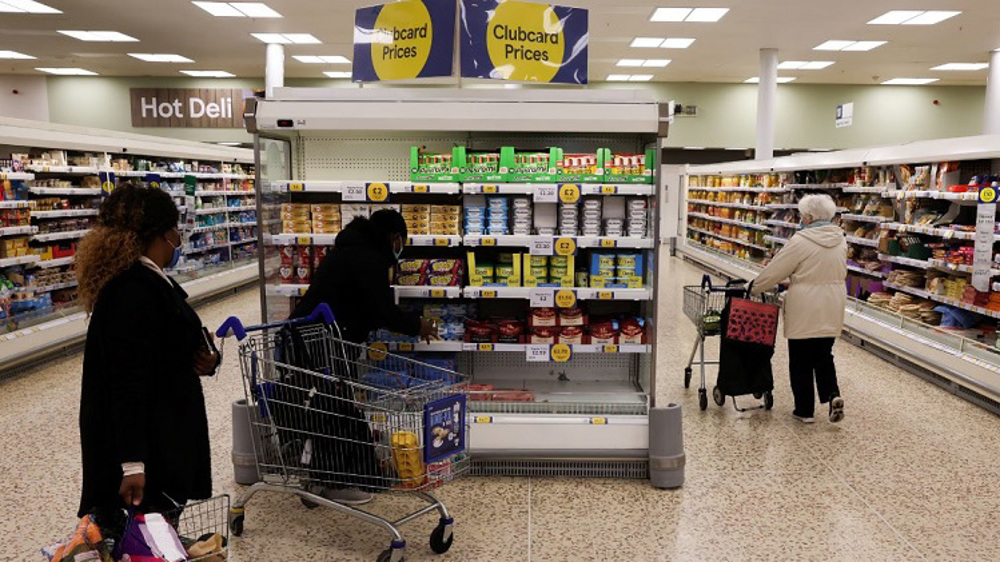
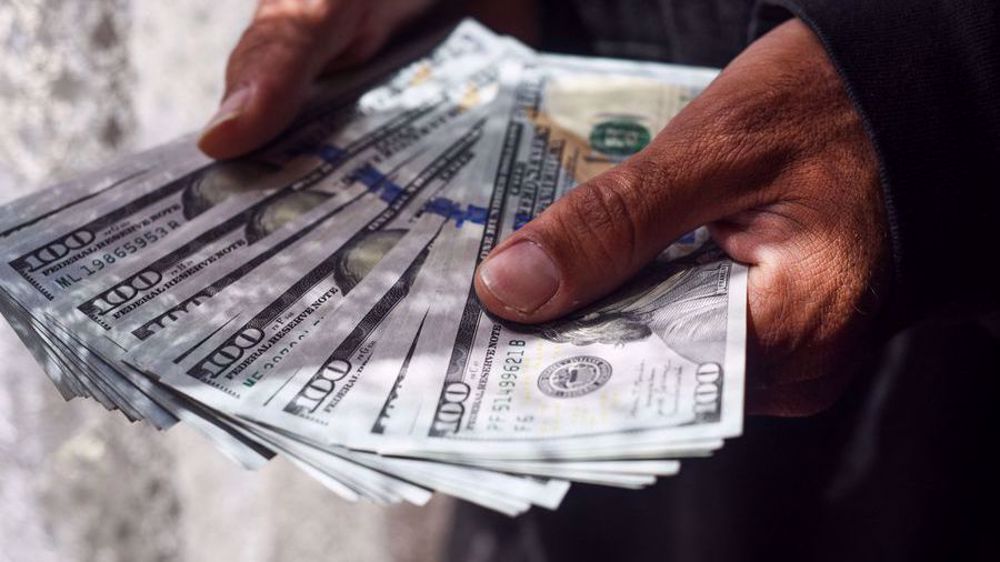
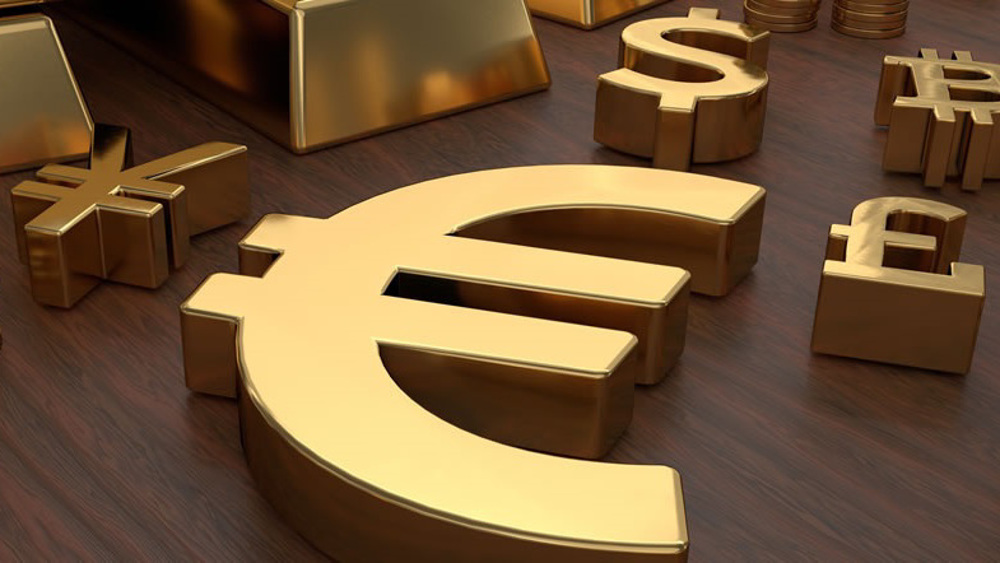
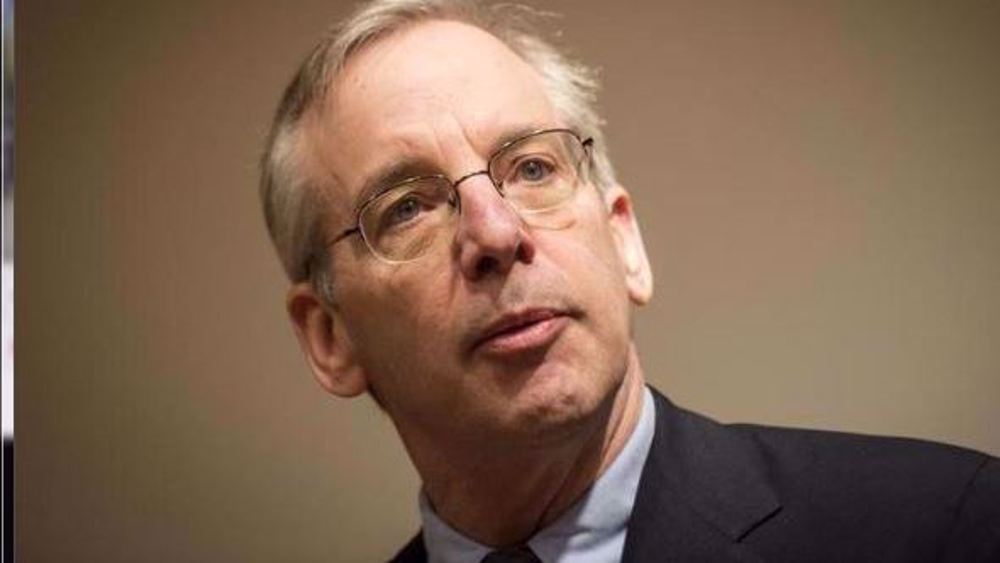
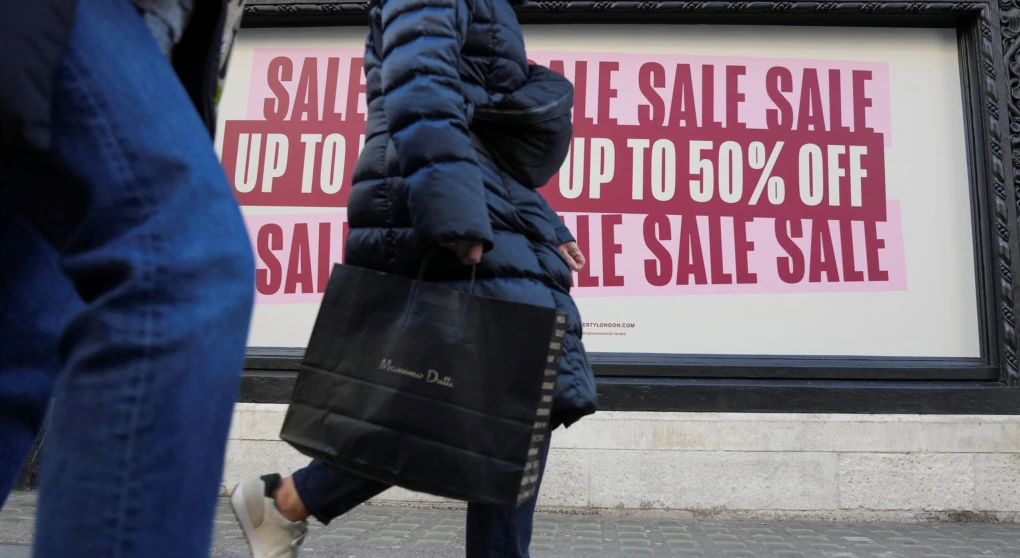
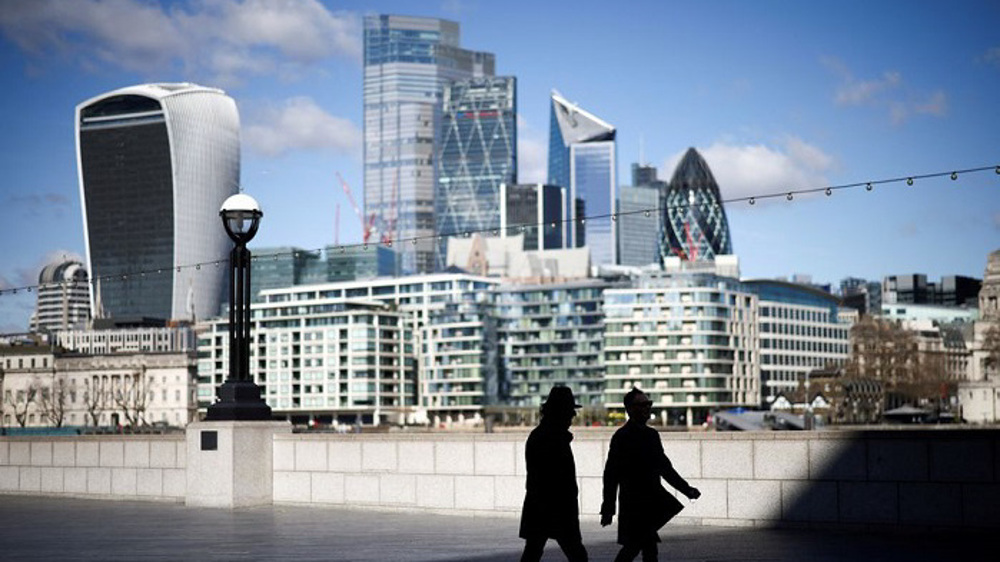

 This makes it easy to access the Press TV website
This makes it easy to access the Press TV website